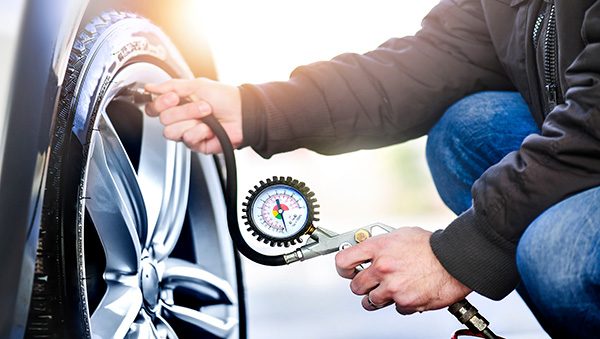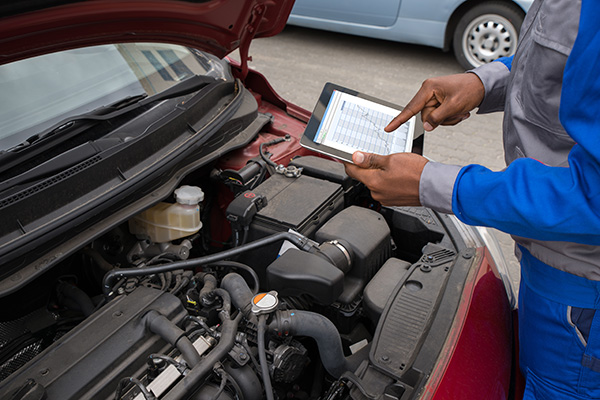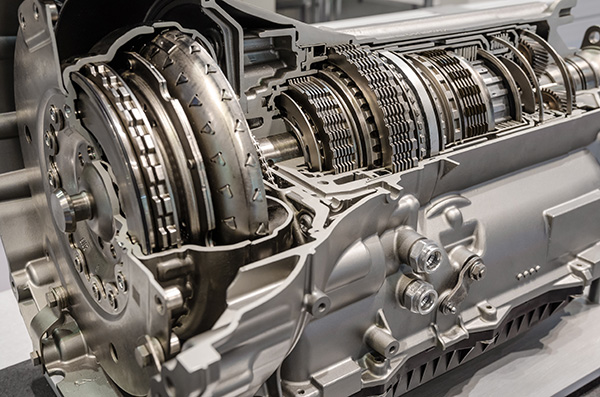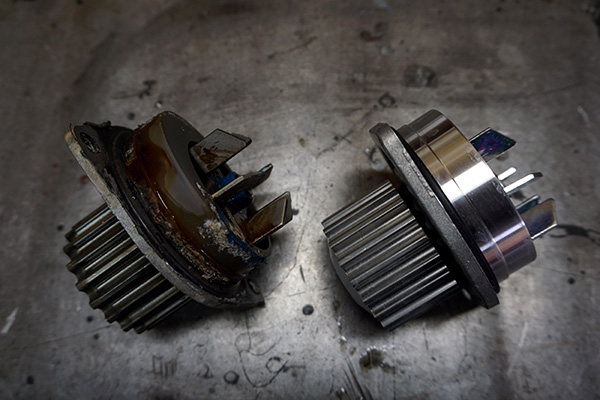Posted on 2/28/2025

Spending long hours behind the wheel can leave you feeling stiff and sore, but an improperly adjusted seat can make it even worse. Many drivers don’t realize how much their seat position affects their comfort, leading to back pain, muscle fatigue, and poor posture. Whether you’re on a daily commute or tackling a long road trip, adjusting your seat correctly can make a huge difference. So, what’s the best way to set up your seat for maximum comfort? Poor Seat Positioning When your seat is not adjusted correctly, your body is forced into unnatural positions that put excessive strain on muscles, joints, and the spine. Sitting too far from the pedals, slouching, or leaning forward can lead to discomfort that builds up over time. Poor posture while driving may also reduce blood circulation, causing stiffness and fatigue, especially on longer trips. One common mistake is reclining too far back. While a slight recline can be comfortable, excessive reclini ... read more
Posted on 1/31/2025

You check your tires, and one of them keeps losing air—but there’s no visible puncture. It’s frustrating, right? A slow drop in tire pressure without an obvious cause can be puzzling and even dangerous if left unchecked. While most drivers immediately think of a nail or screw lodged in the rubber, there are actually several other reasons your tires might be deflating. Identifying the cause early can help prevent a flat tire, improve fuel efficiency, and keep you safe on the road. Temperature Fluctuations and Air Loss One of the most common, yet least concerning, reasons for tire pressure loss is changing temperatures. As the air inside your tires heats up or cools down, it expands and contracts. This is especially noticeable during seasonal shifts or when you park your car outside overnight. For every 10-degree drop in temperature, tire pressure can decrease by about 1-2 psi. If you’ve noticed that your tire seems fine during the day but lose ... read more
Posted on 12/21/2024

If your car is feeling sluggish or not performing like it used to, a tune-up might be just what it needs. Think of it as a wellness check for your vehicle, designed to keep everything running as it should. But what exactly does a car tune-up include, and why is it so important? The Basics of a Car Tune-Up A car tune-up is a comprehensive service that focuses on optimizing your engine’s performance. Over time, components in your engine wear out or become less efficient, which can lead to reduced fuel economy, sluggish acceleration, or even engine misfires. During a tune-up, your car undergoes several checks and adjustments to address these issues. While the specifics can vary depending on your vehicle’s make and model, a tune-up typically includes replacing worn-out parts, cleaning critical components, and ensuring everything is in proper working order. The goal? To keep your car running reliably and efficiently. Key Components Checked During a T ... read more
Posted on 11/29/2024

Your car’s transmission is converting the engine’s energy into motion and ensuring your wheels turn effortlessly. When something goes wrong with the transmission, though, it can bring your vehicle to a standstill. Understanding the root causes of transmission problems and taking proactive steps to avoid them can save you from costly repairs and stressful breakdowns. Common Causes of Transmission Problems Transmission troubles often sneak up on drivers, but most issues can be traced back to a few key culprits: Low or Contaminated Transmission Fluid Transmission fluid plays a vital role in lubricating moving parts, keeping the system cool, and ensuring gear changes happen without a hitch. When the fluid is low, old, or contaminated, it can’t do its job effectively, leading to overheating and increased wear and tear ... read more
Posted on 10/31/2024

Your car's water pump plays a crucial role in keeping your engine healthy. It ensures that coolant circulates throughout the engine, regulating the temperature and preventing overheating. When the water pump starts to fail, it’s not just a small inconvenience — it can lead to severe engine damage if ignored. But what exactly are the dangers of a failing water pump, and how can you spot the warning signs before it's too late? The Role of the Water Pump in Your Car The water pump is a vital part of your car’s cooling system. It works by pushing coolant through the engine block, hoses, and radiator to keep the engine temperature within a safe range. Without it, your engine would quickly overheat, causing all sorts of damage. As simple as it may seem, a water pump's failure can lead to a domino effect of problems throughout your vehicle. Signs of a Failing Water Pump Before diving into the dangers, it’s important to ... read more